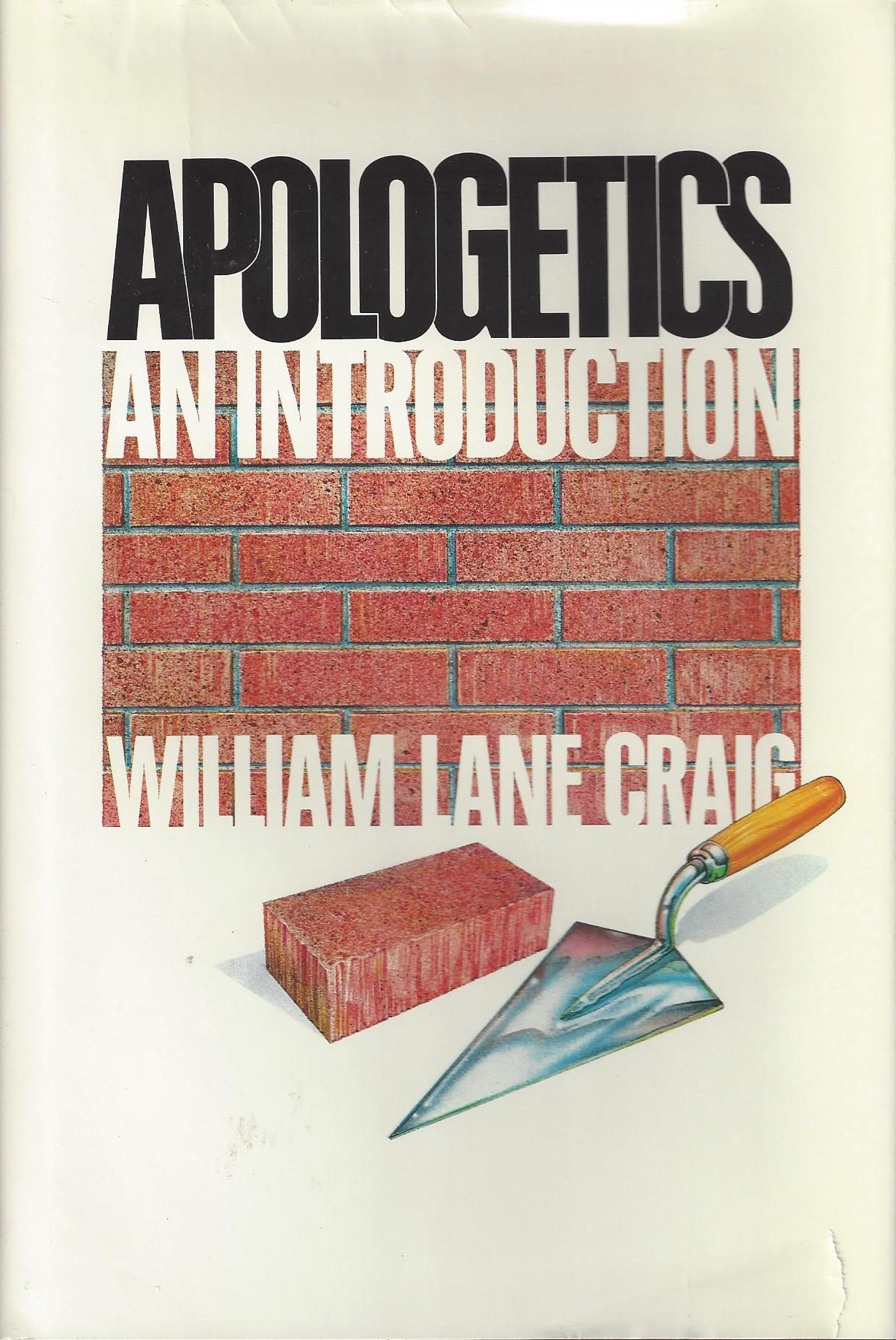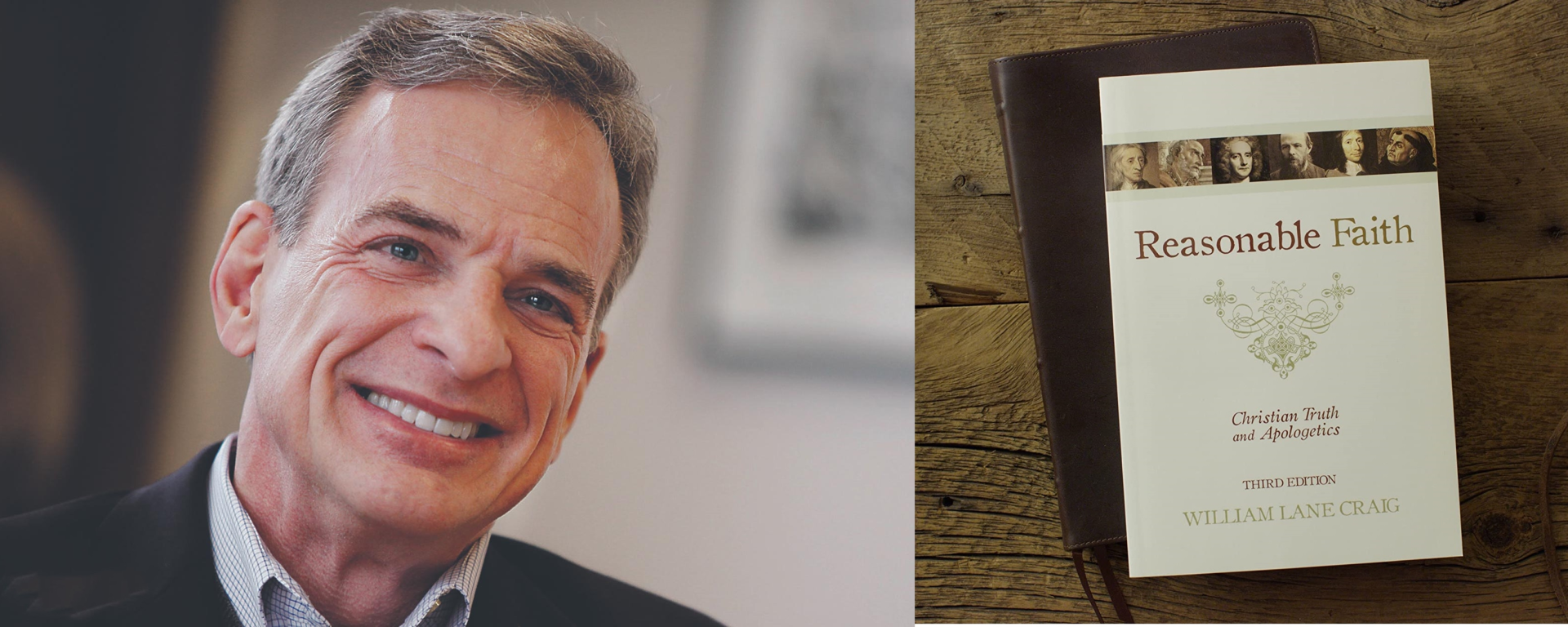 Different apologists have different styles. One style is to be an academic apologist who is often associated with rigour and intellectualism in the eye of their audience. They often have academic posts and might have a reasonable and decent collection of published work, usually in philosophy. The best examples are probably William Lane Craig, Alvin Plantinga and possibly (as highlighted by a recent post) John Lennox.
Different apologists have different styles. One style is to be an academic apologist who is often associated with rigour and intellectualism in the eye of their audience. They often have academic posts and might have a reasonable and decent collection of published work, usually in philosophy. The best examples are probably William Lane Craig, Alvin Plantinga and possibly (as highlighted by a recent post) John Lennox.
I find this type of intellectual style of argument a lot more annoying in the end because I see it as nothing more than marketing/branding. The vast majority of arguments I’ve seen from such apologists are just as bad as any other apologist’s argument. But because of the marketing involved in stating your argument formally, or citing academic references, people often fall for it. This includes atheists, for instance Luke of CommonSenseAtheism often fawned over just how rigorous William Lane Craig is compared to his unprepared and scrappy atheist debate opponents*.
The best antidote to this is Chris Hallquist’s several extended takedowns of William Lane Craig. In 2007, Chris wrote a chapter-by-chapter review of Craig’s book Reasonable Faith. It’s long but I can’t recommend it enough since it goes through loads of techniques common to these apologists. In the last month, Hallquist has also been busy with short blog posts on specific aspects of William Lane Craig’s arguments, which I also recommend (it covers things extensively):
- Next up: Everything I have to say about William Lane Craig
- A note on my sources for Craig’s arguments
- The Leibnizian cosmological argument
- Kalam I: Why the Big Bang isn’t evidence for God
- Kalam II: Philosophical arguments for the beginning of the universe
- Kalam III: The very brief part that actually argues for God
- Two more revealingly bad cosmological arguments from Craig’s debates
- The fine-tuning argument
- The moral argument
- Craig’s case for the resurrection of Jesus
- Jesus’ resurrection: was Paul hallucinating?
- Why is Craig so dishonest?
- On Dawkins’ refusal to debate Craig
The bottom line is that the intellectual arguments are being given disingenuously and these apologists admit it. As Hallquist documents extensively, William Lane Craig’s actual Christian belief stems from the testimony of the Holy Spirit. He considers unbelief to be a wilful denial of the Holy Spirit and explicitly states that his use of reason is ministerial only (ie. that reason is subservient to the gospels and should only be used as a tool to draw people to Christianity). Similarly, Alvin Plantinga’s hallmark argument is that belief in a Christian God should be considered “properly basic”, meaning at the same level as our other beliefs that we don’t need to justify (eg. that we and the external world both exist).
In the end, the intellectual theatrics of these apologists are a mere tool. They’re meant to convince people of beliefs the apologists themselves admit don’t stem from reason. A good litmus test for this is evolution: Lennox, Craig and Plantinga all have seriously misguided views on evolution that border on creationism. I think they tend to play this down as this would undermine their intellectual branding. This might be a good litmus test for one of those apologists: probe their views on something like evolution a bit more. They may continue to spout the same refuted canards, just using prettier language.
The bottom line is that these are all very smart people. There’s also no denying that they have had legitimate academic careers and have contributed to secular philosophy in various fields. But when they’re arguing for Jesus, they’re not being intellectual at the base level. Which means there’s no reason to give their views more respect than the “obviously ridiculous” apologists like Ray Comfort (aka bananaman).
*I agree that Craig has usually been better prepared and better structured than his opponents. He’s also better at debating tricks and misdirection. But these two things do NOT mean that he has the better argument even in a single instance.





0 Comments